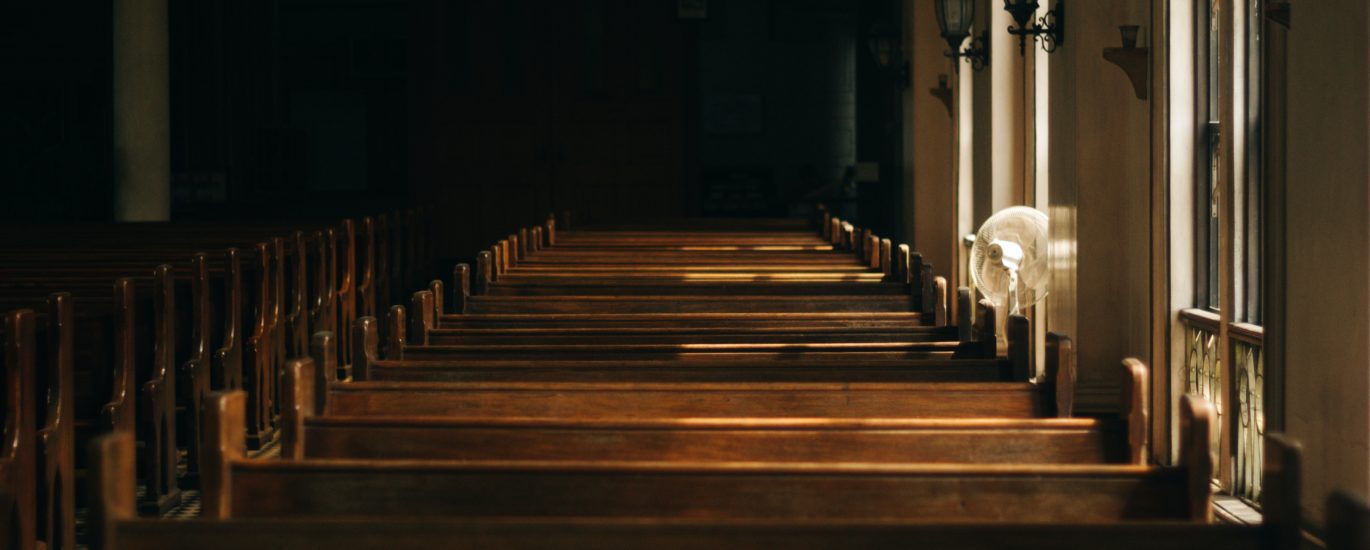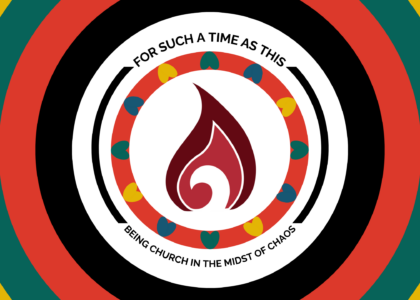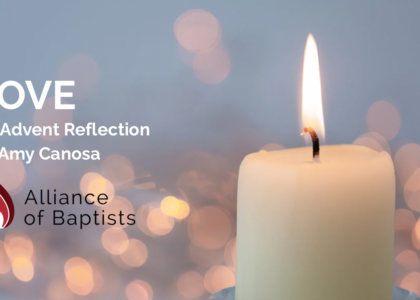By Jeffrey Vickery
Sure, everyone’s a theologian. I get that. Yet not all theological statements are considered carefully. “I’m not worried. God will protect me,” said a well-meaning Christian this week about COVID-19. I was certain she made the comment because she knows Tonya and I are pastors, and to her it must have seemed like a profession of faith. I am notoriously bad at quick quips, so I said nothing. It was not the time and place for a theology lesson—we were there to feed school children after all.
Her comment made me think of the story of “The Fiery Furnace” in Daniel 3. Three Hebrew friends refused to pray to the king’s statue and were sentenced to death by fire. Their version of “God will protect me” included an important confession – “But if not….” Here’s what they said, “If our God whom we serve is able to deliver us from the furnace of blazing fire and out of your hand, O king, let him deliver us. But if not, be it known to you, O king, that we will not serve your gods and we will not worship the golden statue that you have set up.” Daniel 3:17-18
Since that encounter in the school cafeteria news from our global Active Hope Partners show they too have to offer a narrative of faith different from some Christians in their region. It is worrisome when communion and Christian worship are misunderstood as providing immunity to illness or misused as a method of healthcare. Prayer is praise, not prophylaxis. This is true in the US and in Africa, in the state of Georgia and in the country of Georgia.
In response to the lunchroom theology, social media misstatements, and outright theological heresy, I have been considering faith and God in the time of this pandemic.
First, God will not protect Christians from the virus more than non-Christians. Our physical health is not a commentary on our faith. Just ask those faithful Christians who are living with cancer, or chronic pain, or any other illness. God spared the three friends from the blazing furnace, but in Acts the Christian named Stephen was stoned to death without heaven’s intervention. To a man born blind, Jesus firmly stated that “neither this man nor his parents sinned” (John 9). When eighteen people died after the tower in Siloam fell and accusers attributed this tragedy to the sin of their people, Jesus tersely responded, “Do you think that they were worse offenders than all the others living in Jerusalem? No…” (Luke 13). Whether one contracts the novel coronavirus or is spared does not reflect faith in God or lack of it.
Second, God does not use death, illness, or COVID-19 to “teach us a lesson.” These are the kinds of words abusive people say to justify their violence. God is not abusive. God is not violent. God does not kill others for me or you to pay attention. The pandemic, therefore, is not a method for God to evangelize the world; thousands of deaths by viral infection is not God’s will. If some people are brought to repentance and faith because the threat of this virus elicits in them a realization of their need for God, then that’s a celebration. Many have not seriously considered their own mortality, and Christian faith certainly has a hopeful answer for those who do. Repentance, however, does not constitute a “reason” for the virus. In fact, there may be no reason for it at all.
Third, God’s gift of science and the exercise of human common sense are mutually compatible ways to respond in faith to this pandemic. Jesus quoted and revised Deuteronomy 6 when he was asked about the greatest commandments: “You shall love the Lord your God with all your … heart, soul, and might.” To this biblical text he added “and with all your mind.” Medical professionals and disease control scientists
may be our best prophets during this pandemic. As with all prophets sent by God, we would do well to abide by their words. For the sake of all God’s good creation.
Jef rey Vickery co-pastors congregational partner Cullowhee Baptist Church with his wife Tonya.





Unless I read the Bible wrong, doesn’t it say that God will remove and protect us from diseases.
Thank you for one of the clearest and most insightful looks into the problem with God and Faith in the pandemic. To be honest, the same sentiments happened years ago with the onslaught of AIDS. The magical thinking of well meaning believers is a misinformed mindset about God’s nature. I appreciate you. Laurie